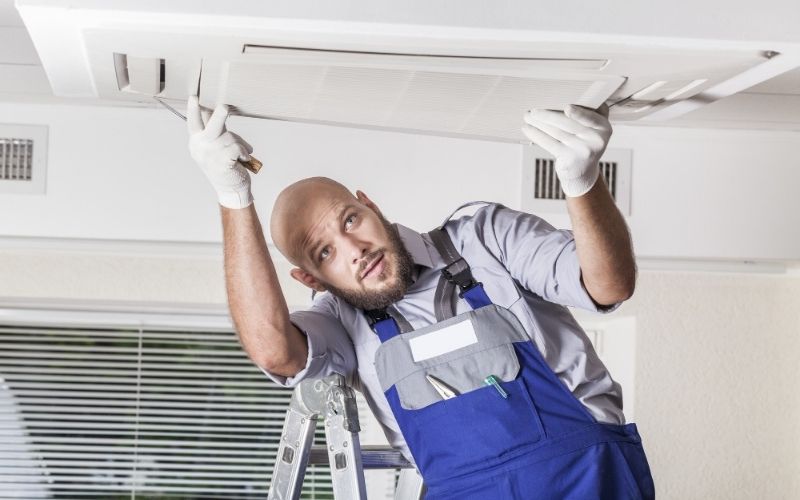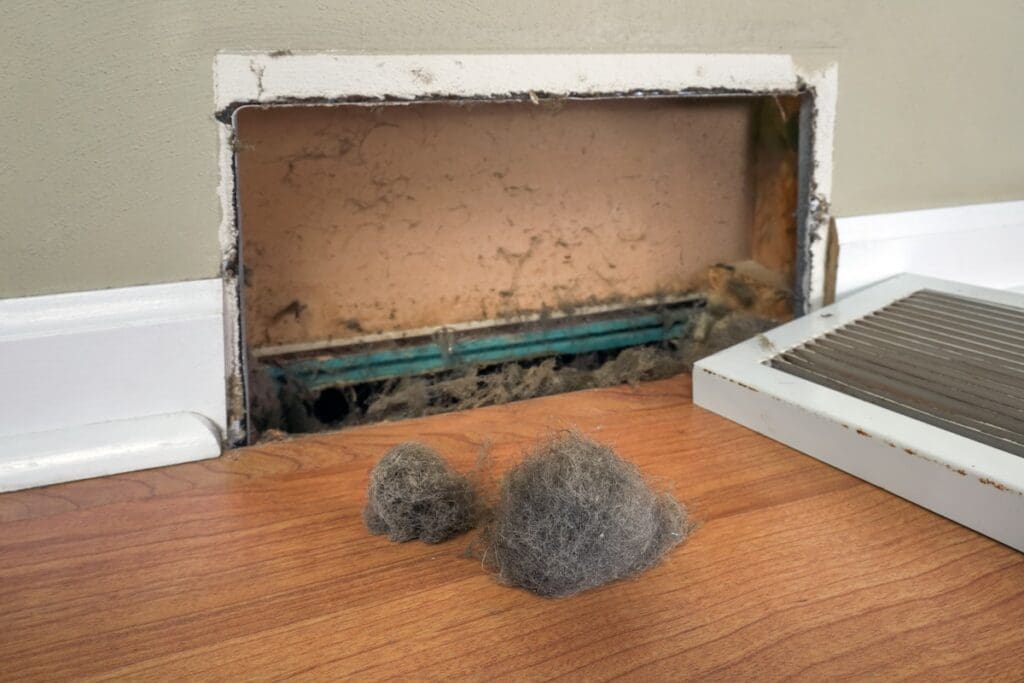In recent years, the importance of maintaining clean air in our homes and workplaces has gained significant attention. As a homeowner or business owner, you might have heard various claims about duct sanitizing and its benefits. However, not all of these claims are true. In this article, we’ll delve into some of the most common duct sanitizing myths debunked, providing you with accurate information to make informed decisions for your indoor air quality.

Introduction to Duct Sanitizing
Duct sanitizing refers to the process of cleaning and disinfecting the air ducts in your home or business. This process helps remove accumulated dust, allergens, and other contaminants that circulate through your HVAC system. While it is an essential part of maintaining a healthy indoor environment, there are several myths surrounding it.
Common Myths About Duct Sanitizing
Myth 1: Duct Sanitizing is Unnecessary
One of the most prevalent myths is that duct sanitizing is unnecessary. Some people believe that regular dusting and vacuuming are sufficient to maintain clean indoor air. However, dust and debris can accumulate in your air ducts over time, leading to poor air quality and potential health issues. Regular inspection tips can help determine if your ducts need cleaning.
Myth 2: DIY Duct Cleaning is Just as Effective
Another common misconception is that homeowners can effectively clean their air ducts themselves. While DIY methods might remove surface dust, they often fail to address deeper problems within the ductwork. Professional duct cleaning services, like those described on Dustless Duct, utilize specialized equipment to thoroughly clean and sanitize your ducts.
Myth 3: Duct Sanitizing is a One-Time Task
Some believe that duct sanitizing is a one-time task, but in reality, regular maintenance is necessary to ensure optimal air quality. Depending on various factors, such as the environment and usage, air ducts should be cleaned every 3 to 5 years. Consider exploring service packages that offer scheduled cleaning plans.
The Importance of Duct Sanitizing
Improving Indoor Air Quality
One of the primary benefits of duct sanitizing is the improvement of indoor air quality. Clean air ducts can significantly reduce the presence of dust, allergens, and pollutants, creating a healthier environment for occupants. This is particularly important for families with children, as highlighted in children’s rooms.
Enhancing HVAC Efficiency
Clean air ducts also contribute to the efficient operation of your HVAC system. When ducts are clogged with debris, the system must work harder to circulate air, leading to increased energy consumption and higher utility bills. Regular duct sanitizing can help maintain the efficiency of your HVAC system.
Choosing the Right Duct Sanitizing Service
Look for Certified Professionals
When selecting a duct sanitizing service, it’s crucial to choose certified and experienced professionals. Certified technicians are trained to properly clean and sanitize ducts, ensuring a thorough job.
Evaluate Service Packages
Many companies offer various service packages tailored to your needs. Consider packages that include regular maintenance and inspections to keep your air quality in check. You can find more information about available options through service packages.
Conclusion
Understanding the truth behind duct sanitizing myths is essential for maintaining a healthy indoor environment. By debunking these myths, we hope to empower homeowners and business owners to make informed decisions about their air quality. Regular duct sanitizing is a vital step in ensuring clean and healthy indoor air.

FAQ
Is duct sanitizing necessary for everyone?
While not everyone may require frequent duct sanitizing, it is recommended for those with allergies, pets, or living in areas with high dust levels.
How often should I have my ducts sanitized?
It is generally recommended to have your ducts sanitized every 3 to 5 years, but this can vary based on individual circumstances.
Can I clean my air ducts myself?
DIY methods may not be as effective as professional cleaning. It is advisable to consult with professionals for thorough cleaning.
This article contains affiliate links. We may earn a commission at no extra cost to you.